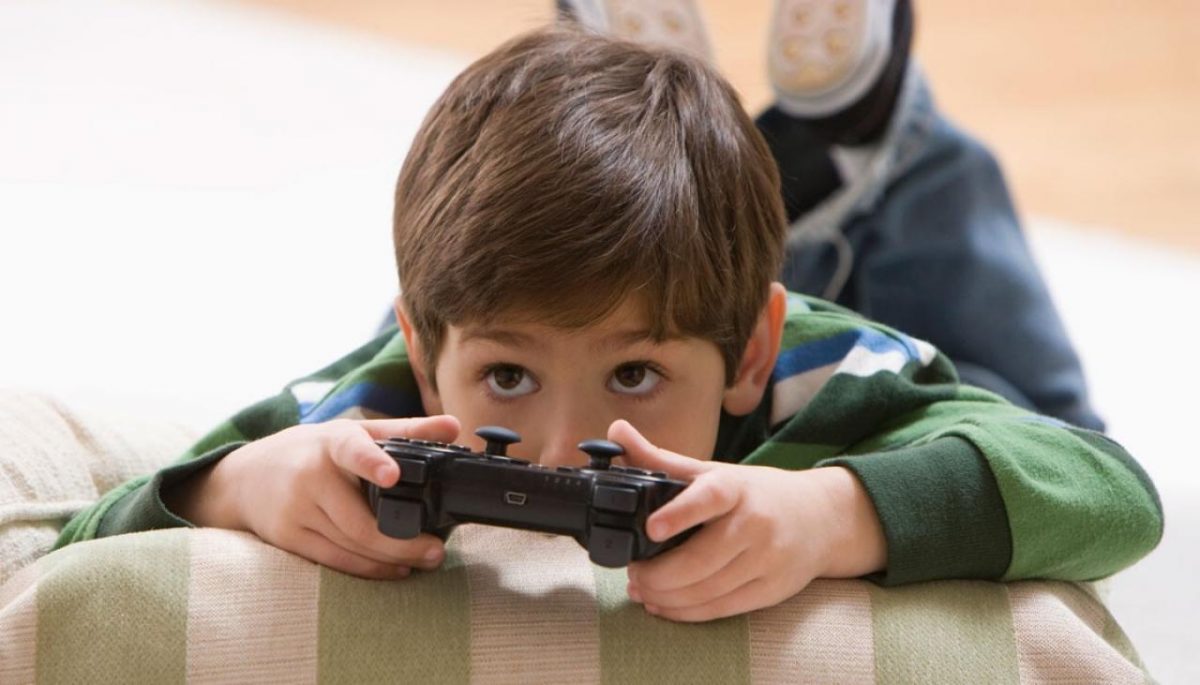Video Gaming Disorder to Be Recognised as Mental Health Condition
Share:

After multiple rejections from the World Health Organisation, as of 2018, video game addiction will be regarded as a mental health disorder in some instances. The updated International Classification of Diseases will be published next year once the criteria and information for the new gaming disorder is finalised. This document was last updated in 1990.
In order to be diagnosed with gaming disorder, playing video games must become somebody’s sole priority, to the point where physical and mental health is affected. The sufferer must also experience withdrawal symptoms (irritability, anxiety) when they cannot play games and unsuccessful attempts to control time spent playing games.
A sufferer may also lie to family members or friends regarding the amount of time spent playing games. They will have jeopardised work commitments, relationships or life opportunities because of participation in video games.
Despite all of these worrying symptoms, some people argue that excessive or obsessive participation in video games should not be classified as a disorder. Some say it could trivialise other addictions and dependencies such as drug or gambling addictions. Furthermore, spending a lot of time engaging in a certain activity does not necessarily constitute an addiction unless it comes with severe consequences.
Even though the WHO has accepted gaming disorder, it is yet to recognise social media or mobile phone addictions as a health condition.
